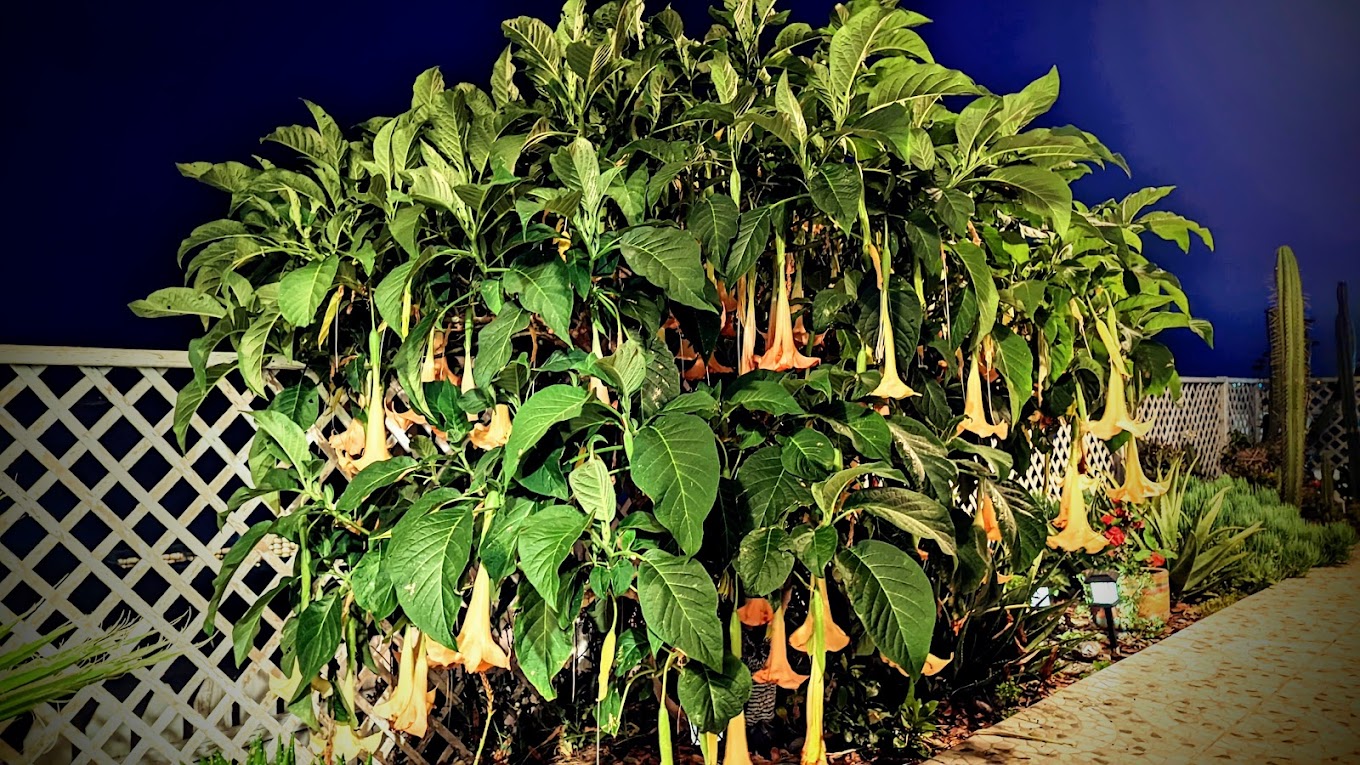Ibogaine is a naturally occurring psychoactive drug derived from the roots of the rainforest shrub Tabernanthe iboga (TI). This plan is indigenous to West Africa and is traditionally used in religious, spiritual, and healing ceremonies.
Doses of Ibogaine have been known to curb the withdrawal symptoms caused by alcohol and substance abuse by interacting with multiple neurotransmitter systems in the brain. Anecdotal reports about Ibogaine’s healing effects were first observed in the early 1960s by a man who was addicted to heroin, Howard Lotsof, who noted a subjective reduction of his craving and withdrawal symptoms after taking Ibogaine.

Proven Treatment for Substance Abuse
Clinical trials in 1988 provided objective evidence of Ibogaine’s ability to reduce the effects of opioid withdrawal in animals. A reduction in morphine cravings was reported in preclinical studies conducted in 1991, while a reduction in cocaine self-administration in rats after taking Ibogaine was reported in 1993. In 1995, studies reported reduced alcohol dependence in three strains of “alcohol-preferring” rats. While clinical trials studying the effects of Ibogaine are still underway, the anecdotal evidence for Ibogaine’s ability to suppress and eliminate withdrawal symptoms and cravings for alcohol or opioids continues to grow.
Proven Treatment for PTSD
A study published in January 2024 by Stanford University showed that Ibogaine dramatically improved symptoms of anxiety, depression, and post-traumatic stress disorder (PTSD) in 30 Special Operations veterans diagnosed with traumatic brain injuries (TBIs). The study provided evident insights into why Ibogaine should be an accessible and controlled substance for patients, such as Special Operations Forces veterans (SOVs), who may be at an elevated risk of complications like anxiety disorder, depression, PTSD, and suicide attempts.
A 2020 study revealed that 51 US Special Operation veterans (SOVs) received therapy in Mexico with Ibogaine and 5-MeO-DMT – another psychedelic substance – and showcased significant reductions in PTSD symptoms. Most subjects described the experience as one of the most spiritual events of their lives.
Ibogaine: A Modern Miracle
Today, Ibogaine is regarded as a “miracle drug” and has provided relief to many patients struggling with drug dependency, alcoholism, and PTSD. Long-term users of opioids, heroin, cocaine, methamphetamine, fentanyl, and alcohol have found relief through Ibogaine. One of the most significant effects of Ibogaine is that it not only physically reduces withdrawal symptoms and cravings but also induces a state of reflection and introspection that allows many people to relive and evaluate the experiences that contributed to their addiction. Where many treatments fail to provide relief to patients, Ibogaine can stop withdrawal and create a path to long-term recovery.
Begin Your Journey to Recovery
Start your journey towards recovery with our proven ibogaine therapy. Our dedicated team is here to support you every step of the way.
Schedule a Free Consultation